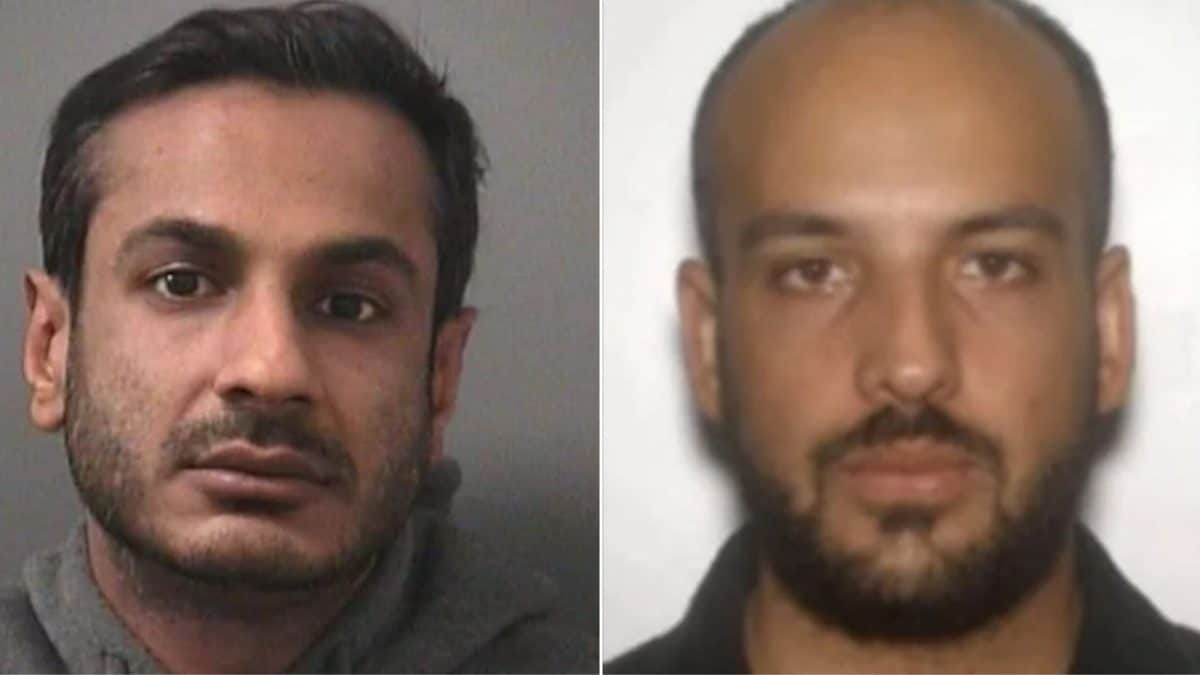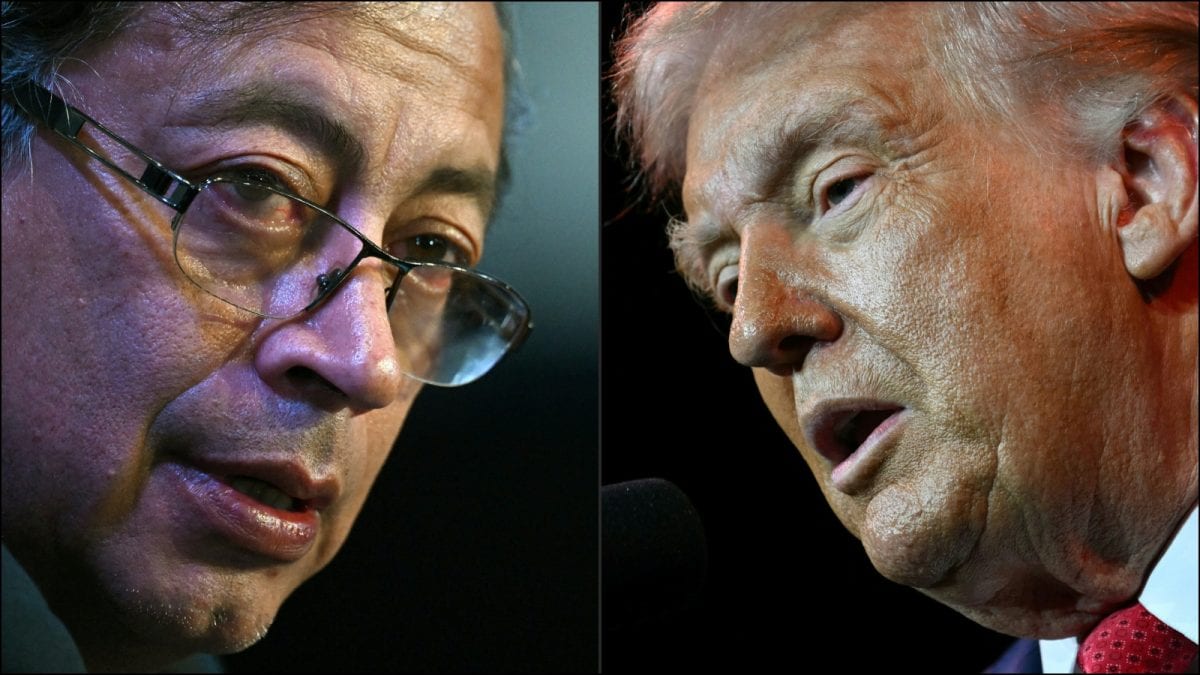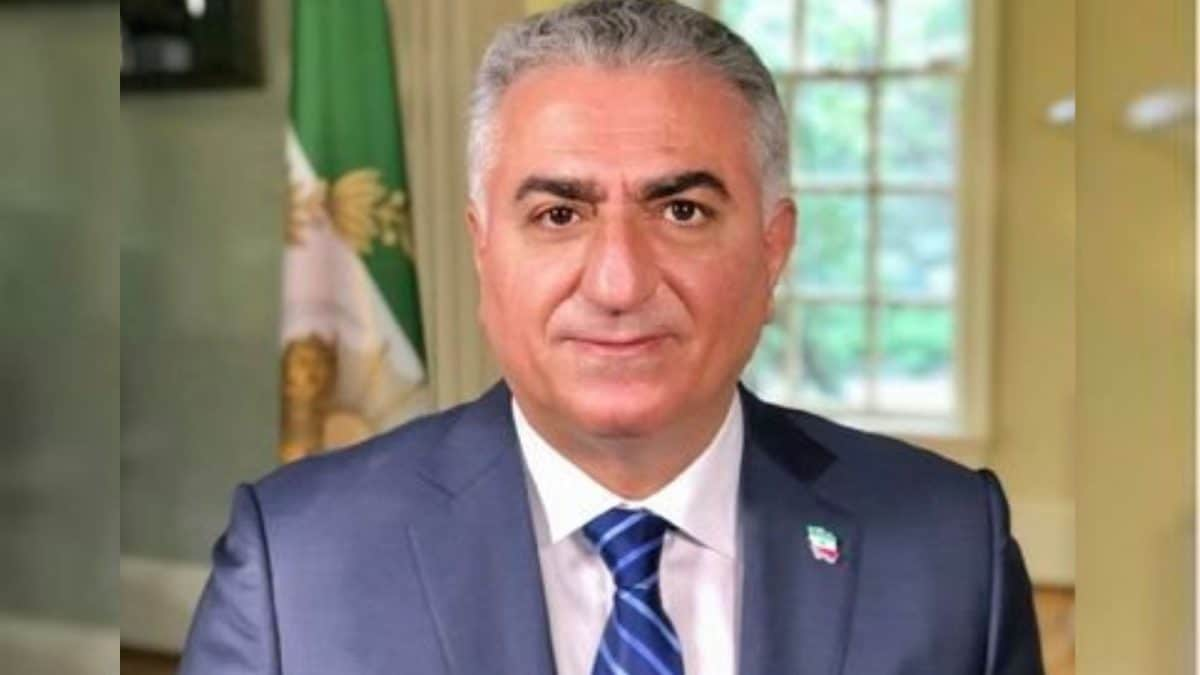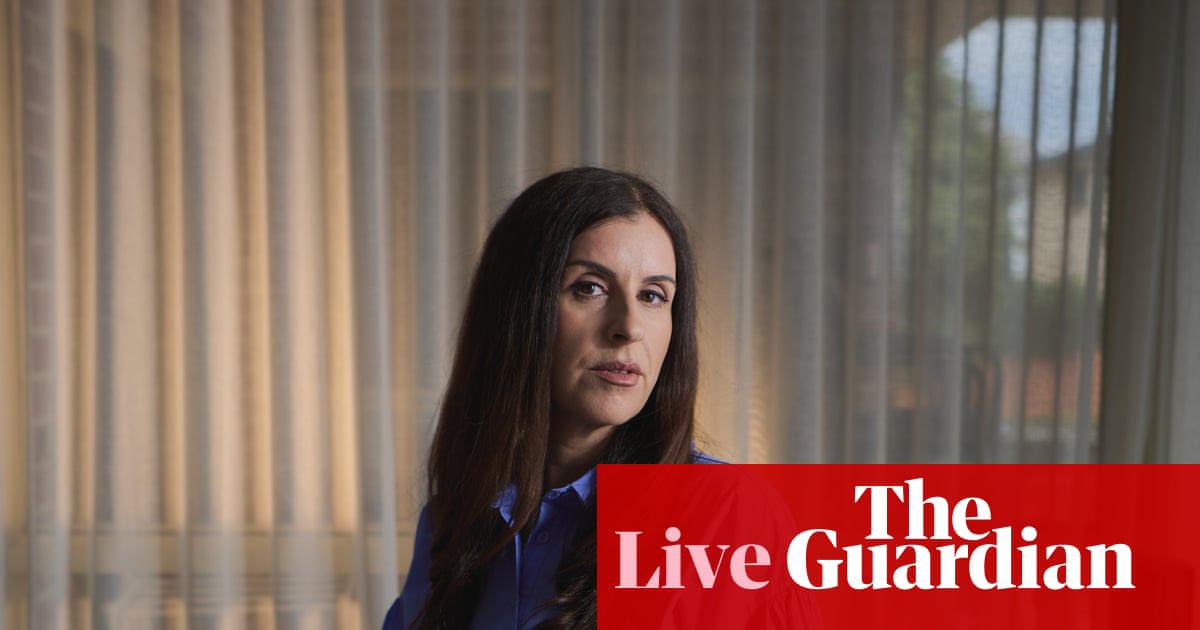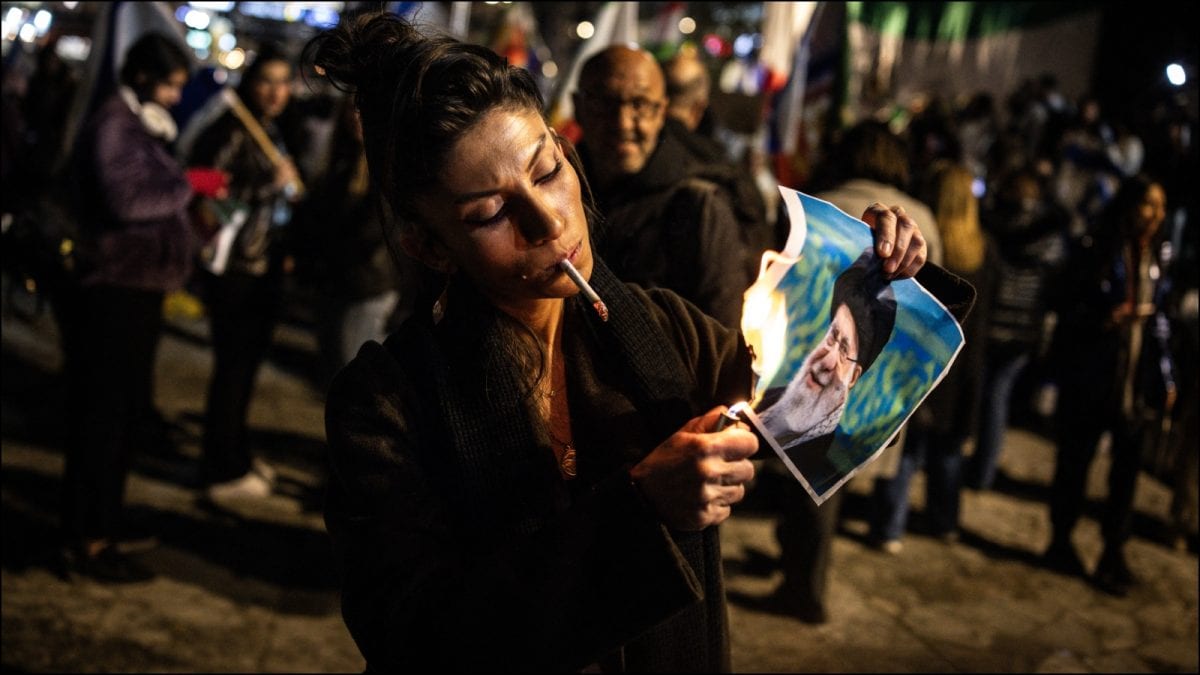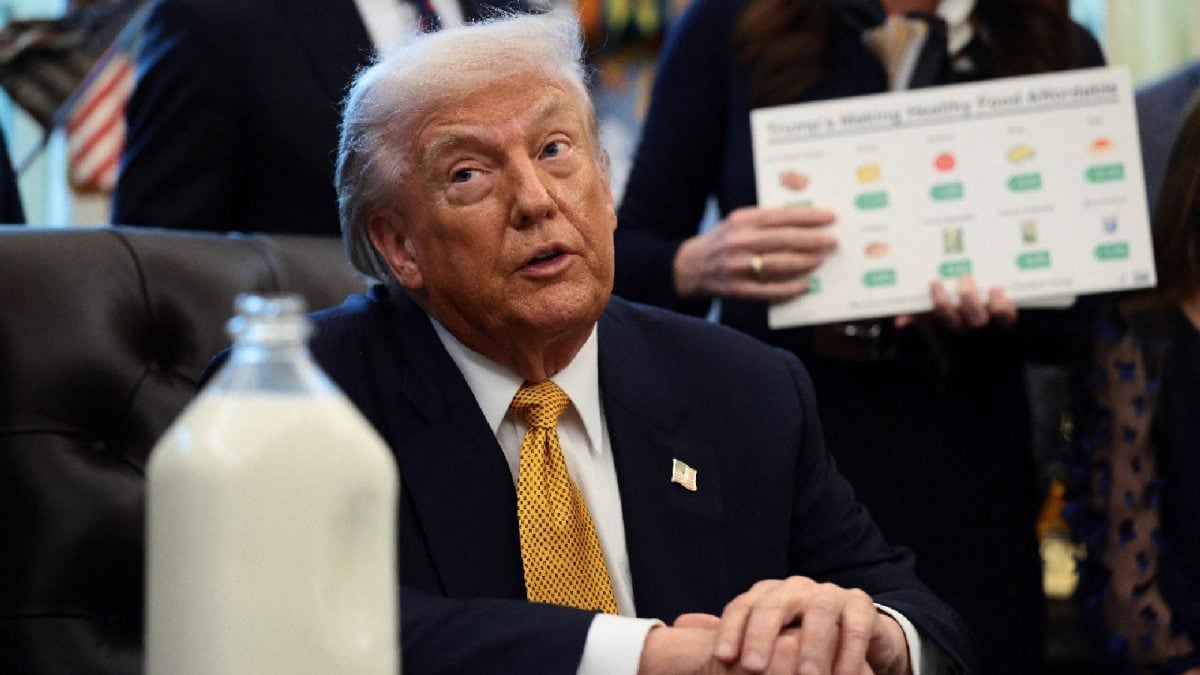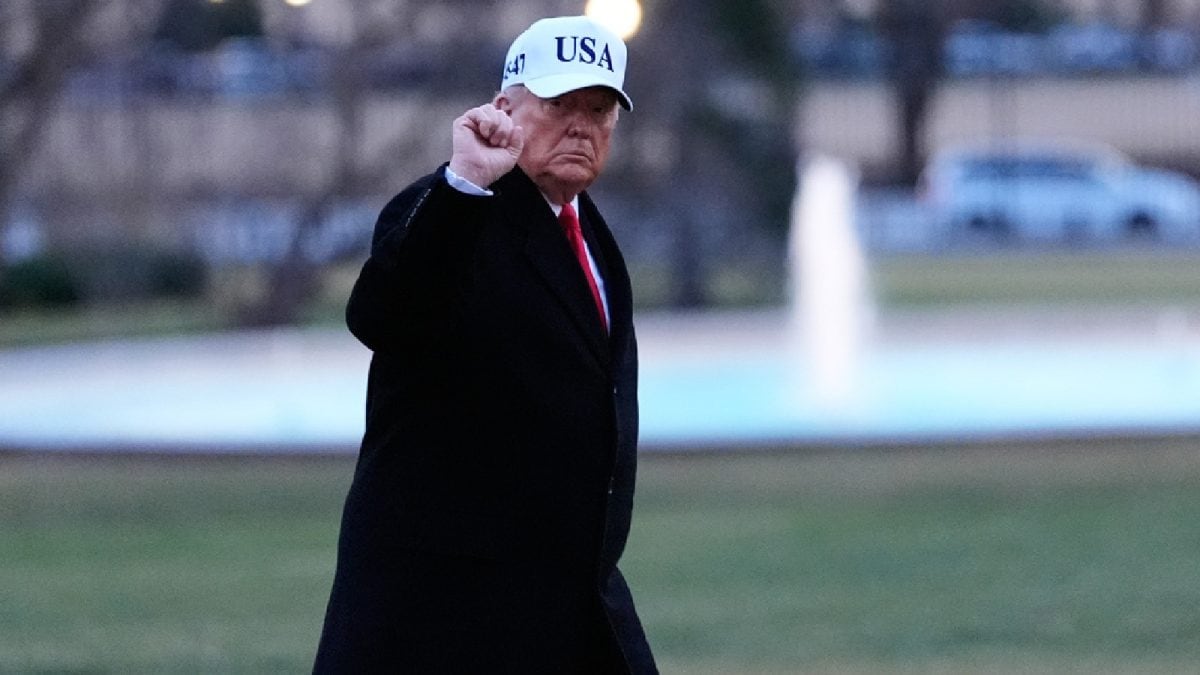Last Updated:November 17, 2025, 13:22 IST
The prosecution described Hasina as “mastermind and principal architect” of the state’s violent response, a claim the tribunal found substantial enough to justify framing charges.

The decision, delivered after weeks of detailed hearings and testimony from 54 witnesses, marks a dramatic turn in the political crisis that has gripped Bangladesh since the student-led uprising of 2024. (IMAGE: AFP)
Bangladesh’s Crimes Tribunal (ICT) has ruled that former Prime Minister Sheikh Hasina, her then–Home Minister Asaduzzaman Khan Kamal, and former Inspector General of Police Chowdhury Abdullah Al-Mamun face sufficient grounds to be charged with crimes against humanity. The decision, delivered after weeks of detailed hearings and testimony from 54 witnesses, marks a dramatic turn in the political crisis that has gripped Bangladesh since the student-led uprising of 2024.
Hasina, who was ousted on August 5, 2024, following nationwide protests, fled to India the same day and is being tried in absentia along with Kamal. Former police chief Al-Mamun turned approver, providing key testimony that the tribunal has now reflected in its order.
The tribunal’s findings are centred on allegations that the state machinery — police, ruling party cadres, specialised forces and administrative command structures — was deployed with lethal intent against student demonstrators challenging Hasina’s government. The prosecution has described Hasina as the “mastermind and principal architect" of the state’s violent response, a claim the tribunal found substantial enough to justify framing charges.
The court’s detailed pronouncement highlights phone conversations, public statements, operational directives and on-ground evidence including videos seized during the investigation. Together, these elements form what the tribunal described as a pattern of intimidation, torture, unlawful killings and suppression of medical care during the July–August 2024 crackdown.
Here are the top seven observations made by the tribunal based on its review of evidence:
1. Sufficient grounds exist to frame charges
The tribunal stated that the evidence — including witness testimony, digital records and state documents—meets the threshold required to formally frame charges of crimes against humanity against Sheikh Hasina and the two co-accused.
2. Incitement of violence leading to student deaths
The court held that Hasina’s alleged incitement, conveyed through speeches and directives, contributed directly to violence that resulted in the killing of students. Testimony pointed to her remarks during a 14 July press conference, which the court said created a climate priming law enforcement for aggression.
3. Directive to “hang people" during telephonic conversation
A key element cited was a phone call in which Hasina allegedly asked a university vice-president to “hang" protestors. The tribunal described this as indicative of intent to inflict unlawful punishment on civilians.
4. Orders to use helicopters and drones for lethal force
According to the judgment, Hasina ordered the deployment of helicopters, drones, and armed units to fire upon students. The tribunal noted videos showing police opening fire, asserting these were consistent with orders from the highest level.
5. Instructions to torture and brutalise protestors
Multiple witnesses recounted how detained students were tortured. The tribunal referenced medical records and testimony that many injured individuals arrived at hospitals with crushed skulls or fatal head injuries, suggesting deliberate brutality.
6. Large-scale intimidation and obstruction of medical treatment
The court criticised the systematic intimidation of students and the alleged interference by police and ruling party members who prevented timely medical care for the injured, worsening casualties.
7. Derogatory remarks and the “Razakar" statement as contributing factors
Hasina’s press conference comments referring to the grandchildren of freedom fighters and branding opponents as “Razakars" were cited as inflammatory rhetoric that emboldened violent reprisals by the ruling party’s student wing.
The News Desk is a team of passionate editors and writers who break and analyse the most important events unfolding in India and abroad. From live updates to exclusive reports to in-depth explainers, the Desk d...Read More
The News Desk is a team of passionate editors and writers who break and analyse the most important events unfolding in India and abroad. From live updates to exclusive reports to in-depth explainers, the Desk d...
Read More
First Published:
November 17, 2025, 13:22 IST
News world 'Torture, Unlawful Killings': Bangladesh Tribunal's Observations On Sheikh Hasina
Disclaimer: Comments reflect users’ views, not News18’s. Please keep discussions respectful and constructive. Abusive, defamatory, or illegal comments will be removed. News18 may disable any comment at its discretion. By posting, you agree to our Terms of Use and Privacy Policy.
Read More

 1 month ago
1 month ago


